Africa
2013
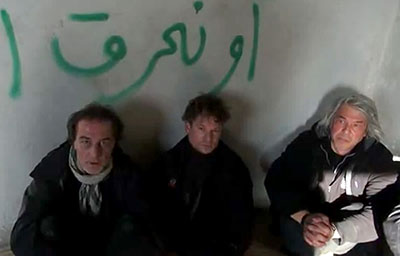
Do news blackouts help journalists held captive?
At any given time over the past two years, as wars raged in Libya and then Syria, and as other conflicts ground on in South Asia and sub-Saharan Africa, a number of journalists have been held captive by a diverse array of forces, from militants and rebels to criminals and paramilitaries. And at any given…
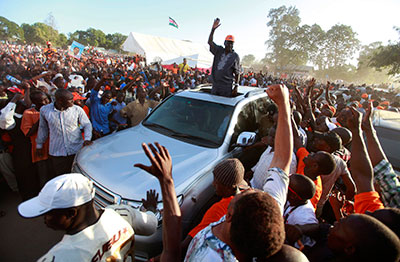
As Kenya votes, journalists must take precautions
Election-related violence is a worry for journalists in many countries, but perhaps nowhere more so than Kenya, where presidential polls will be held March 4. In the aftermath of the nation’s last presidential elections in 2007, over one thousand people were killed in ethnic and political violence, live news broadcasts were banned, and the press…

Will talk of stronger Somali justice lead to action?
Spirits of journalists in Somalia, the most dangerous country in Africa to practice the profession, were lifted slightly this week after Prime Minister Abdi Farah Shirdon made several auspicious announcements. The key concern on the minds of journalists in the capital, Mogadishu, is access to justice–both in terms of journalists’ own court appearances and in…
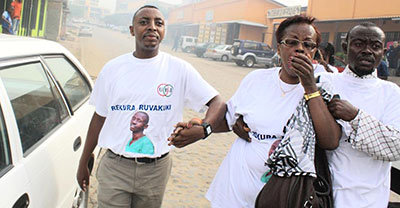
Burundi police attack journalists marching for Ruvakuki
On Tuesday, Burundi’s press corps did what it has done for the past three weeks: protest the imprisonment of one of its own. Hassan Ruvakuki is a reporter jailed since November 28, 2011 on anti-state charges; for the first time, the journalists wore white t-shirts showing Ruvakuki in his green prison uniform. But this time,…
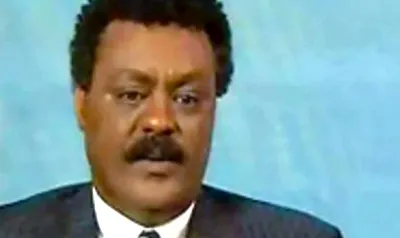
Eritrea: Ali Abdu pleads ignorance of Dawit Isaac’s fate
On Wednesday, the Swedish newspaper Expressen published what it described as an exclusive interview with Ali Abdu–Eritrea’s long-time information minister, government spokesman, and censor-in-chief–who vanished from public view in November. The piece confirmed that Ali had gone into exile, but it shed no light on the whereabouts and well-being of more than two dozen imprisoned…
An information void in Mali as journalists are obstructed
Three weeks after France’s military intervention in Mali, the war remains largely “without images and without facts,” as described by Jean-Paul Mari, special envoy for the newsweekly Le Nouvel Observateur. Although journalists have been allowed to follow French and Malian forces into the towns that have been recovered from armed Islamist groups, the real battlefields…
Journalist Assistance helps record number in 2012
An increase in press freedom violations last year created a surge of need among journalists, driving a record number of assistance cases for CPJ’s Journalist Assistance Program in 2012. More than three-quarters of the 195 journalists who received support during the year came from East Africa and the Middle East and North Africa, reflecting the…

In Mali, a war ‘without images and without facts’
The French army is often called la Grande Muette, or “the Great Silent.” The war in Mali confirms the French military’s well-deserved reputation of being secretive about front-line actions. “Locking the information is more in the culture of the French army than of the U.S. army,” says Maurice Botbol, director of La Lettre du Continent.…
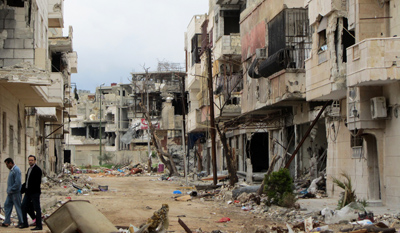
Preparation helps freelancers survive, thrive
When the story is so important but the risks are so high, journalists must keep safety at the forefront of their thinking. That’s especially true for freelancers who often do not have the support of a large news organization. Preparation, peer networking, and smart planning can help improve the odds of not only surviving hostile…